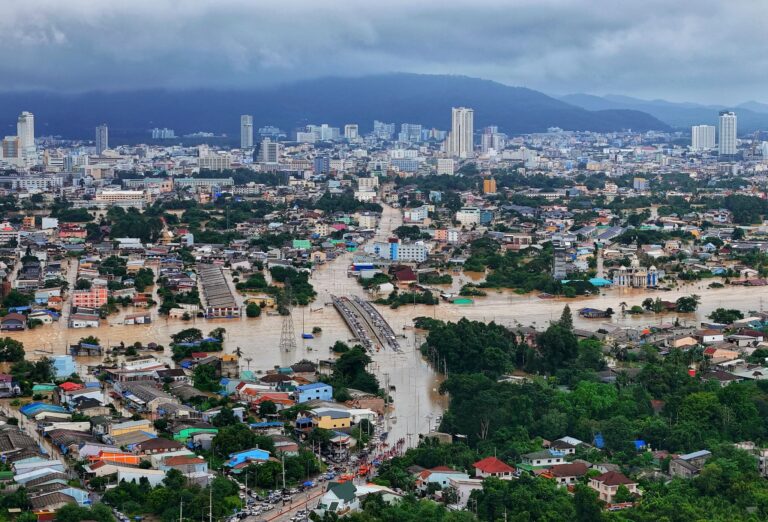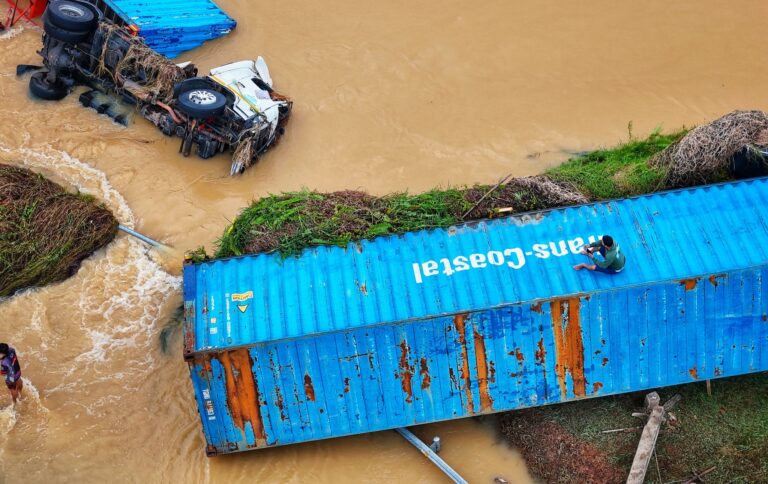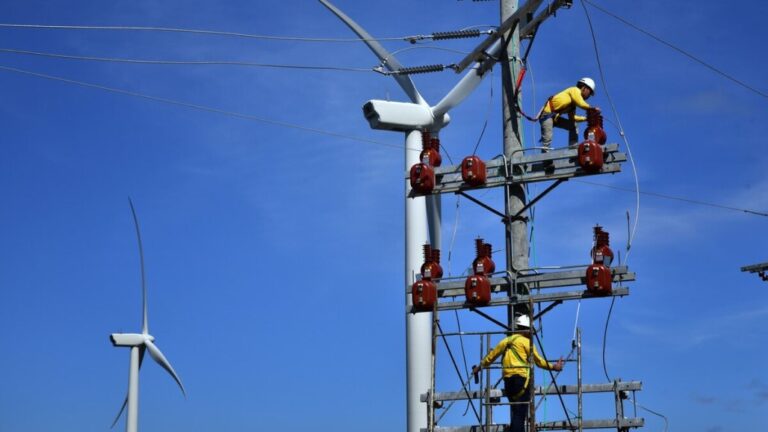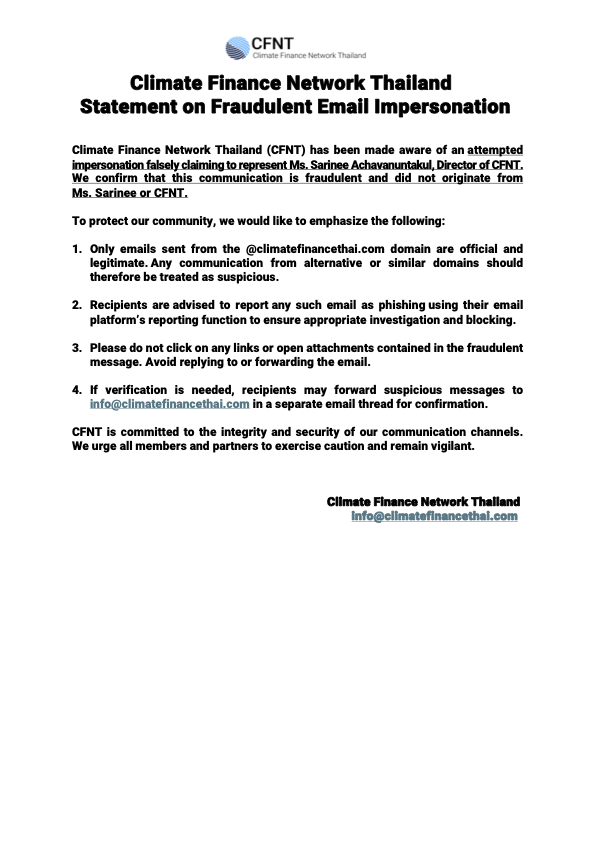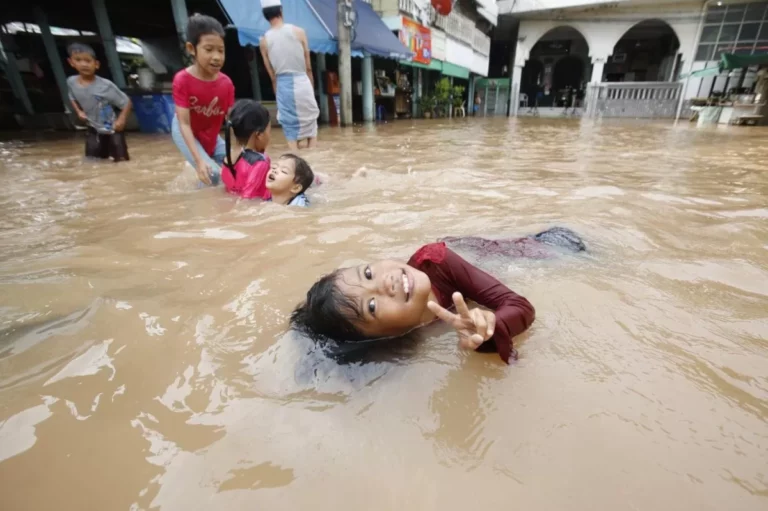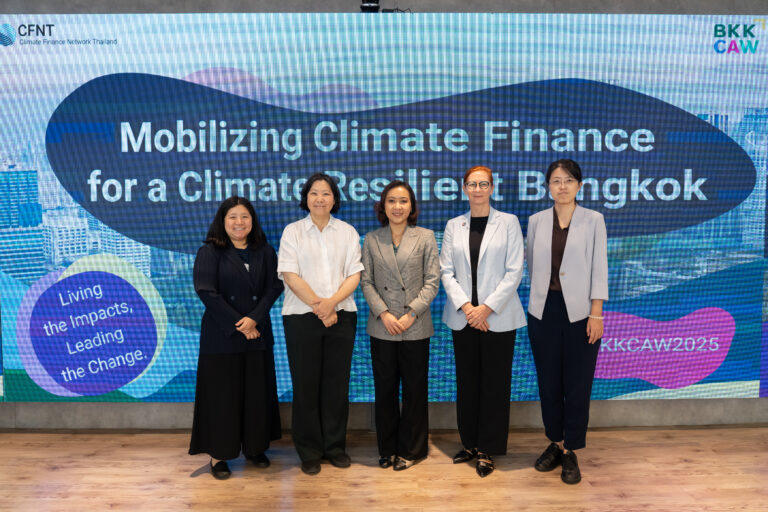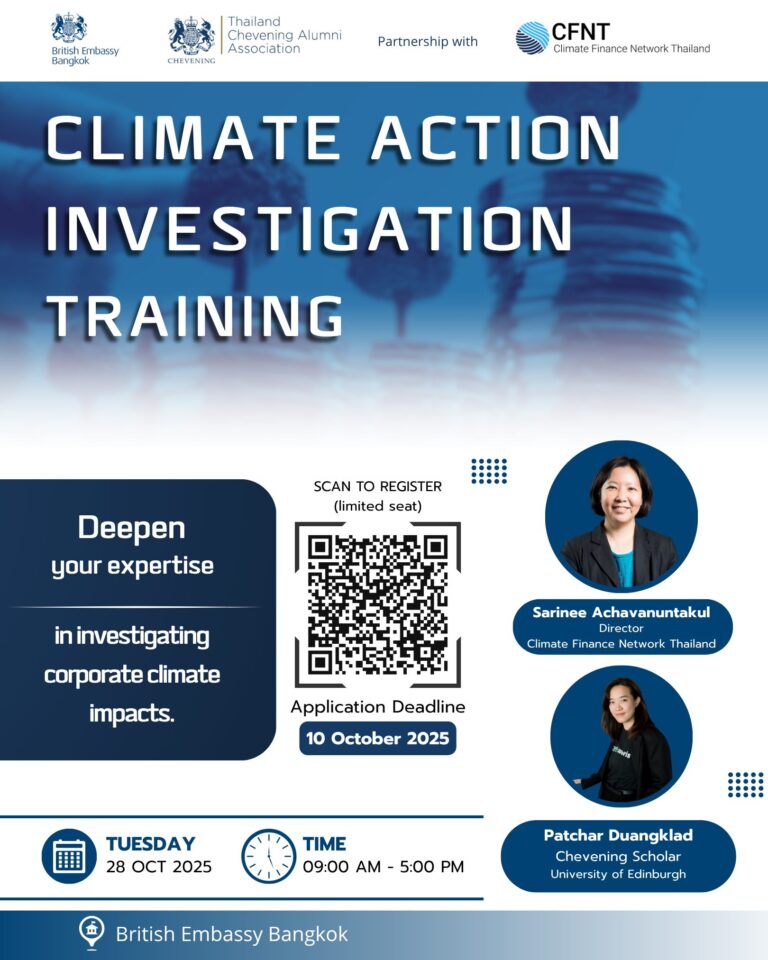Articles
Transfer Climate Risk Through Catastrophe Bonds
Governments have relied on reactive financial mechanisms to cope with unexpected disasters. In this article, Rapeepat would like to introduce a proactive financial instrument for disaster risk management: catastrophe bonds.
‘Room for the River’: The Dutch Flood-Management Policy Shaped by the State, Communities, and Nature
The 2025 southern flood crisis reflects Thailand’s continued failure in responding to water disasters. It may now be time to shift away from grey infrastructure to nature-based water management—just as the Netherlands has demonstrated through its “Room for the River” policy.
How climate fund can give justice for all
Thailand’s NDC 3.0 mentions “just transition” for the first time. But the question remains: how can we ensure that this becomes a real just transition and advances climate justice in practice? Sarinee proposes three recommendations to align Thailand’s Climate Fund with the principles referenced in NDC 3.0.
Tackling Asean grid’s $800bn challenge
As Southeast Asia becomes the world’s second-fastest-growing electricity market, the region faces two main paths. One is to commit to massive infrastructure to import Liquefied Natural Gas (LNG). The other path is accelerating renewable energy adoption, which requires a major update of the regional grid.
Climate Finance Network Thailand Statement on Fraudulent Email Impersonation
Climate Finance Network Thailand (CFNT) has been made aware of an attempted impersonation falsely claiming to represent Ms. Sarinee Achavanuntakul, Director of CFNT. We confirm that this communication is fraudulent and did not originate from Ms. Sarinee or CFNT.
Climate finance for urban resilience
Thailand has made progress in disaster preparedness since the 2011 mega floods — but the real challenge now is shifting from disaster prevention to climate adaptation.
Panel Summary: “Financing Climate Action in Bangkok –Challenges & Opportunities”
Summary a panel discussion ‘Financing Climate Action in Bangkok –Challenges & Opportunities,’ featuring international experts on climate finance, who deliberated on the key barriers to increasing climate financing, lessons learned from global experiences, and insights for strengthening resilience in Bangkok and other major Asian cities facing climate change.
How Thailand’s Local Governments Invest in a Climate Change?
Thailand is one of the most vulnurable country in climate chage, a key question arises: How is Bangkok and other local governments allocating their budgets to address climate change, and how far are we from meeting the country’s climate finance goals?
Join for ‘Climate Action Investigate Training’
Join for ‘Climate Action Investigate Training’ deepen your expertise in investigating corporate climate actions. — designed to strengthen accountability and transparency in Thailand’s private sector environmental practices.

